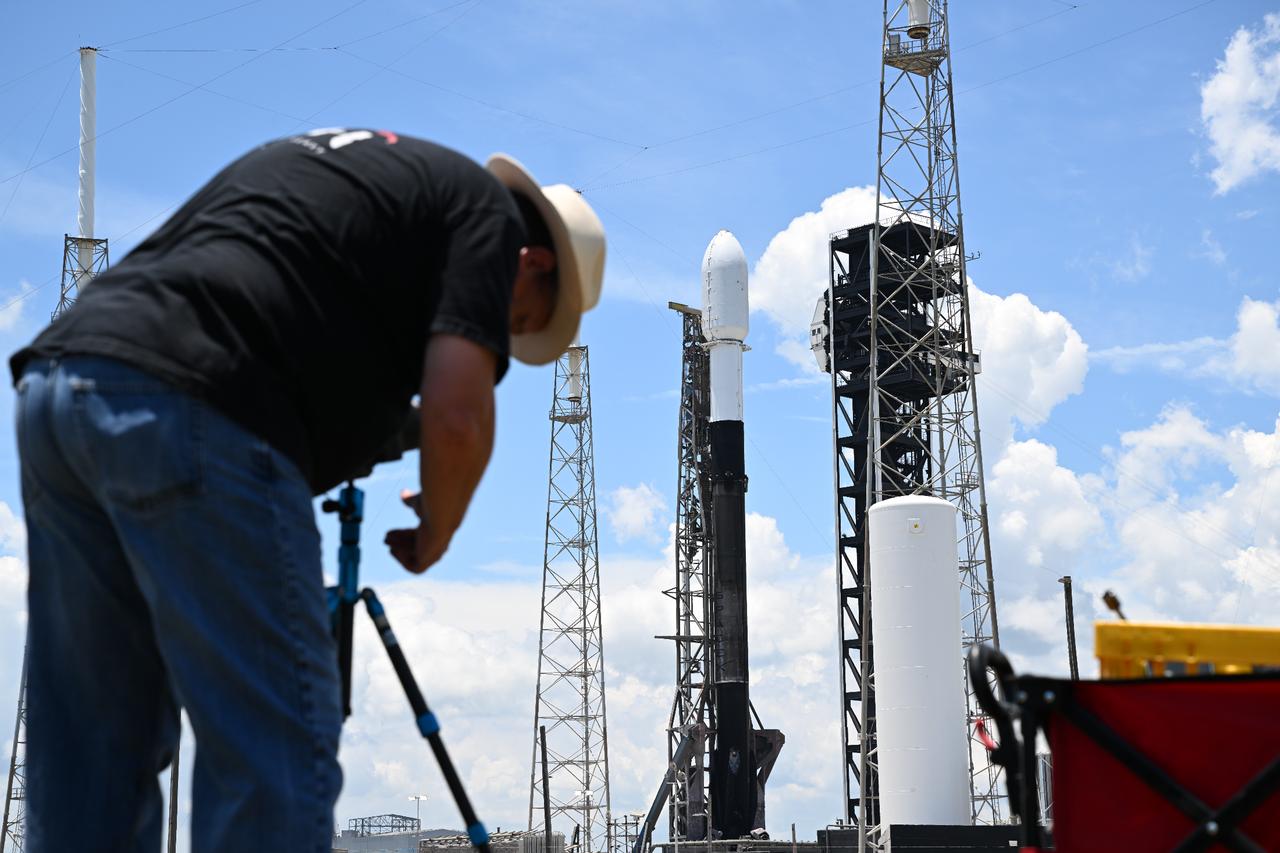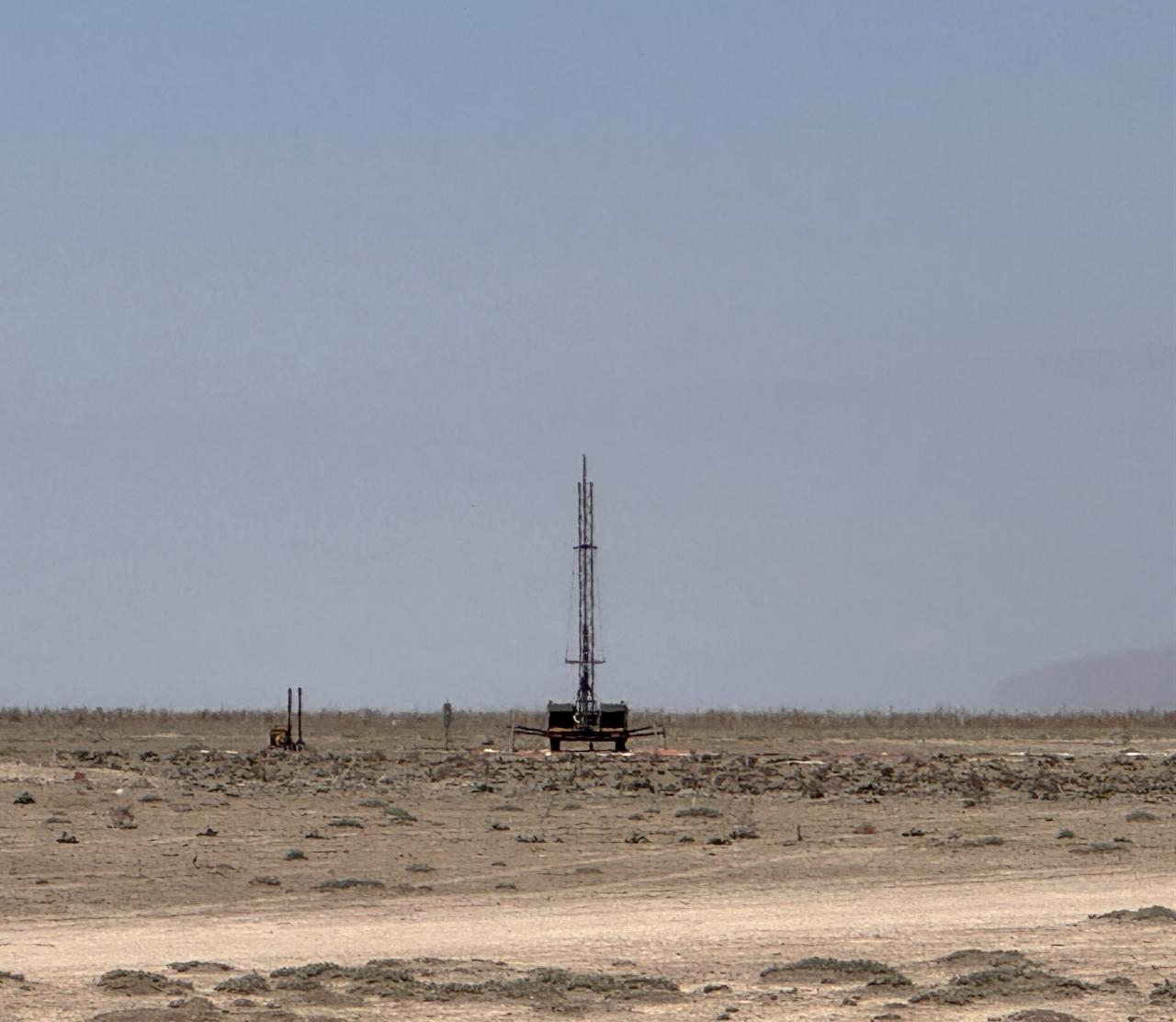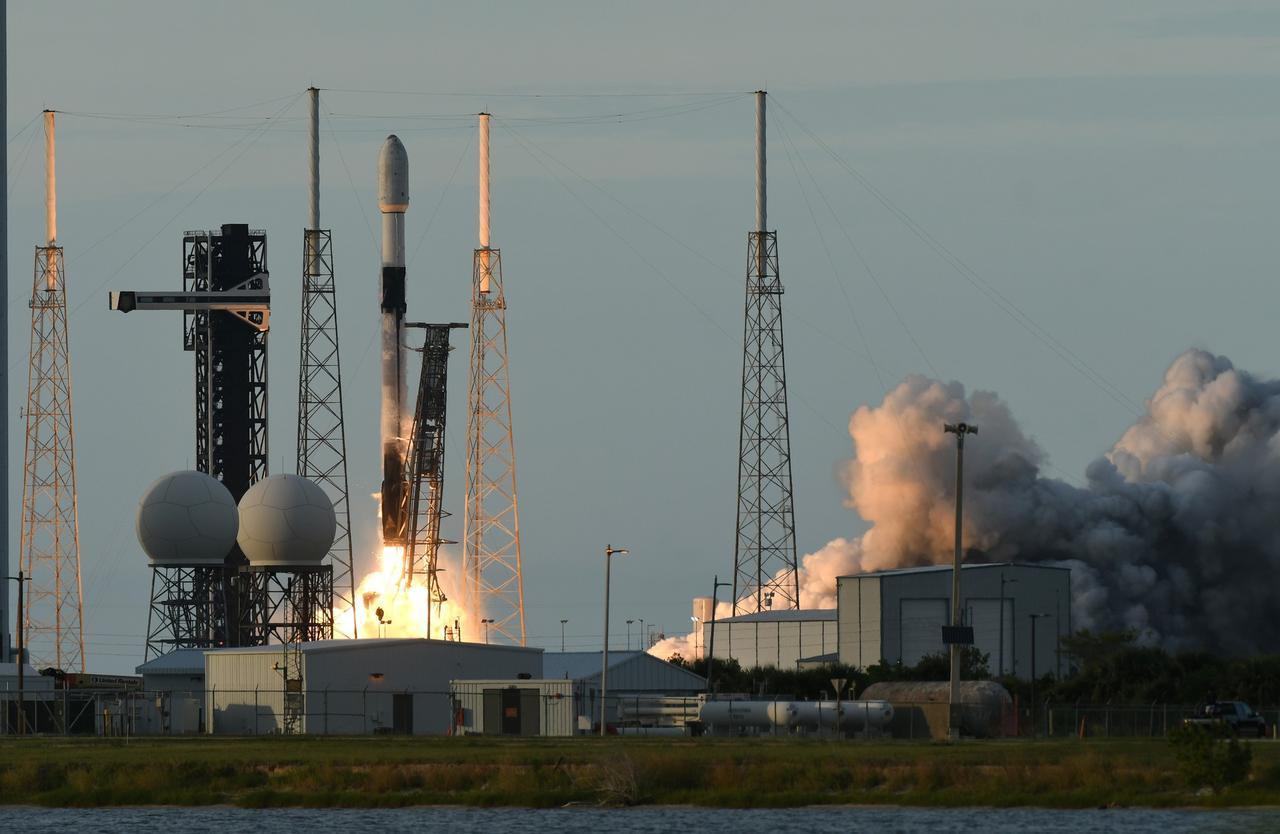
Turksat General Manager Ahmet Hamdi Atalay said Friday that Türkiye’s upcoming Turksat 7A communications satellite will feature higher capacity and more advanced technology than the country’s recently launched 6A satellite.
“With the 7A satellite, we will significantly meet the needs of our state and our customers,” Atalay told Turkish news agency Anadolu during the Turksat Model Satellite Competition at the Hisar Firing Range by Lake Tuz in Aksaray.
He described Turksat 7A as a next-generation system expected to be in orbit within three to four years.

Atalay highlighted that Turksat 6A, launched July 8, 2024, is the country’s first fully indigenous communications satellite, designed and produced by Turkish engineers with a localization rate exceeding 80%.
“With 6A, Türkiye has built an ecosystem capable of producing satellites,” he said, adding that expertise gained from 6A will support the development of 7A.
Technical details of Turksat 6A:
The project was developed under TUBITAK coordination with contributions from TAI, ASELSAN, and CTECH.
Assembly, integration, and testing were conducted at the Space Systems Integration and Test Center (USET) at TUSAS facilities.
Transport and Infrastructure Minister Abdulkadir Uraloglu announced in May that Turksat 6A had secured its first export deal, providing satellite capacity for South Asian markets, including India, Thailand, Malaysia, and Indonesia.

Atalay said one of Türkiye’s current satellites is nearing the end of its lifespan, making the launch of 7A essential.
“Satellites have a certain lifespan. Once they reach the end of their life cycle, they are decommissioned. You must replace them with a new satellite,” he said. “Our 7A satellite will have more capacity and higher technology than 6A.”
He added that space capabilities are increasingly critical to national security. “Conventional ground wars no longer exist; the era of tanks has ended. Current wars are fought in the air. This reality directs us toward space. We must be much stronger in space. We are not the strongest in space, but we are among the strong.”
Atalay also announced a project to provide in-flight internet service for Turkish Airlines using Turksat satellites.
“Turkish Airlines planes, flying to destinations all over the world, will now connect to the world via Turksat satellites,” he said.
Currently, Turkish Airlines relies on foreign operators for in-flight internet.
Turksat plans to offer faster and more cost-effective service using its satellites, which cover about two-thirds of the world. For uncovered regions, Turksat will partner with other providers to ensure global connectivity.
“Our project has reached an important stage. God willing, we will sign the contract starting next year,” Atalay said.
Atalay stressed that Turksat is the strongest operator in the region and aims to become a global player. “Space will be Türkiye’s guarantee and assurance on Earth,” he said.
“Türkiye must be present in every area of the space platform.”